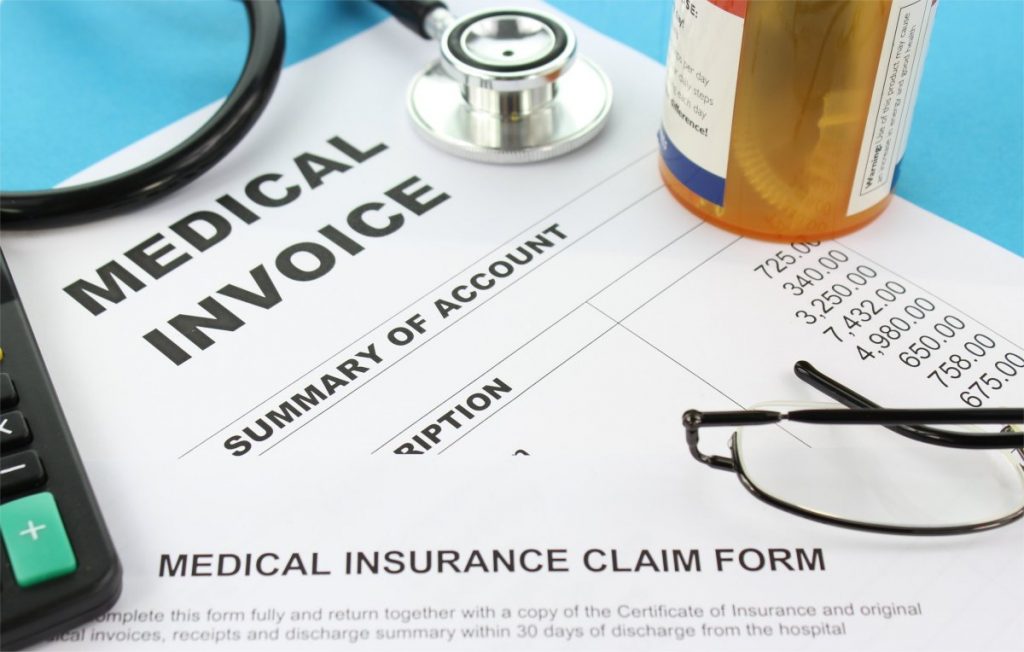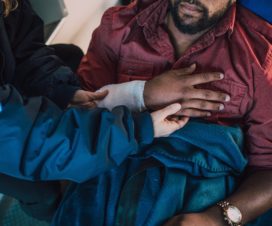
 Personal Injury Protection – The Insurance Addon You Need
Personal Injury Protection – The Insurance Addon You Need
Accidents happen every day, no matter what the time or place. You no doubt make great efforts to prevent an accident. But, it is also important to prepare for any unforeseen incidents that may occur so that you and your family will have security. So, what is personal injury protection and how can it help protect you?
In addition to purchasing car insurance, you also want to ensure that you cover more than just your automobile. Thus, get personal injury protection for the damage that affects more than your vehicle.
What Is Personal Injury Protection?
Personal injury protection, also known as PIP, is an extension of car insurance that provides coverage for medical fees. And in some cases lost wages, in the event of a car accident. In addition, PIP can also cover:
- Some home care expenses, such as lawn repair, childcare, or house cleaning
- Injuries to passengers
- Transportation to medical facilities
- Convalescence costs
- Funeral costs
Because of its inherent comprehensiveness, PIP pays out claims despite who is responsible for the accident. Another name for PIP is no-fault coverage.
If you have purchased PIP insurance and have been hurt in an accident, you are eligible to receive maximum benefits, even if the event was your fault.
Road Traffic Injury Statistics
In order to properly understand the need to have personal injury protection, we need to talk about road traffic injury statistics. This helps figure out the importance of PIP.
Some stats you need to know include:
- Around 1.35 million people are dying every single year because of car accidents.
- Car accidents affect 3 percent of the gross domestic product of all countries.
- Over 50% of road accident deaths happen among vulnerable participants like motorcyclists, cyclists, and pedestrians.
- The vast majority of world road fatalities (93%) happen in middle- and low-income countries. This is concerning since such countries have round 60 percent of all the vehicles of the world.
- Injuries caused by road accidents are the main cause of death for young adults and children.
Remember that around 20 to 50 million people end up with non-fatal injuries in car accidents. Many of them are disabled due to the injuries.
Are You At Risk?
Some say you are at a higher risk of car accident injuries in some specific situations. Others say anyone can be hit by accident injuries. With this in mind, read this:
-
Socioeconomic Status
Over 90 percent of deaths in traffic accidents happen in middle- and low-income countries. Due to this, the highest injury death rates are noticed in African regions. However, even high-income countries are affected. You are at higher risk when coming from a socioeconomic background.
-
Age
When analyzing young adults and children, road traffic injuries stand out as the main death cause. This practically affects younger adults aged between 5 and 29 years old.
-
Sex
The segment more likely to be a victim in a road traffic crash is made out of males. This is true even from younger ages. Statistics show that 73% of deaths on the road include young males that are under 25. This segment is much more likely to end up dead in road traffic crashes.
 The Difference Between Personal Injury Protection and Medical Payment Coverage
The Difference Between Personal Injury Protection and Medical Payment Coverage
PIP coverage is similar to medical payment insurance except in one respect: it covers lost wages, funeral, rehabilitation, and other costs in addition to hospital fees.
Medical payment insurance is unnecessary if you live in a state that requires PIP insurance to provide unlimited coverage. However, if your state only requires minimum coverage, a medical payment policy may serve as a supplement to your expenses.
Benefits of Personal Injury Protection
There are many benefits to PIP insurance, including:
- Fast Acting: Because determining the guilty party is unnecessary, PIP coverage can be paid immediately.
- No Need For Other Insurance Companies: In the event of an accident, drivers/passengers with PIP coverage do not have to worry about filing claims with other companies; their PIP covers them.
How to File a Personal Injury Protection Claim
Like with any other insurance, you submit a personal injury protection claim online or via phone. It will pay for medical fees directly after an accident. But for continuous expenses, you will have to review/pre-approve a medical treatment plan with an outsourced medical claims processor or medical expert/facility of your insurers choosing.
It is important to consider your vehicular insurance company's process and deadline. For example, some states require drivers to have their medical treatment approved and certified by their insurers within the first ten days of an accident.
The penalty for not providing documentation can result in a co-payment of as much as 50%. This is regardless of the treatment or diagnostic test being mandatory or reasonably required.
In What States Is Personal Injury Protection Available?
Learning what is personal injury protection is important as some states require this insurance.
It is available across the U.S. but mandatory in 13 states: Florida, Hawaii, Kentucky, Kansas, Michigan, Massachusetts, New York, New Jersey, Minnesota, North Dakota, Utah, Pennsylvania, and the District of Colombia.
These states have made it compulsory in an effort to reduce lawsuits filed against guilty parties. Coverage offered by PIP varies depending on the state. For example, California does not cover acupuncture treatment under PIP but Utah does.




